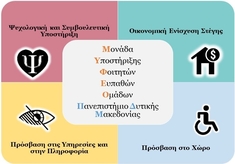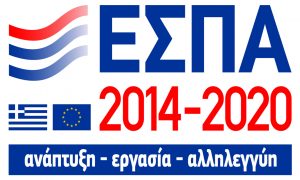Performance now v.8: Where is now?
Performance now v.8: Where is now?
Topics:
- The novel condition of our meeting with the audience in public space (local/supra-local/microlocal).
- Daydreaming between teleconferences (possibilities and demands of the new condition).
- The new public space.
- The rupture of the performer-audience connection, the new condition of gathering in the digital “space” and changes in the experience of public space brought about by post-pandemic restrictions, transform our perception of who we are and what we do as performers. Our assembling / coexistence with the audiences of performance, a key component of our live action and a catalytic condition in the composition of its meaning, has been broken. Online performance is not just a medium but something that affects the nature of performance and compiles the dictionary of our relationship with other performers and the public, possibly revealing possibilities or creating non-spatial collectivities in the way. The desire and need for coexistence in real space and being between other bodies will eventually be fulfilled. But how will the trauma of distance and the fear of other bodies have transformed the experience of this coexistence? In this context we will discuss the following questions:
Where is the now of performance?
What is the role of site-specificity in the non-spatial condition?
What is the role of the local?
- The plethora of online presentations, seminars and lectures have given us access to interesting and high quality scientific and artistic content that we would not otherwise be able to attend or participate in. These possibilities unfolded simultaneously with requirements to adapt to new working conditions and to maintain a smooth flow of production and had as consequences symptoms of fatigue, divided attention and confusion. How can we claim the time of stasis, an important and necessary part of the creative process? At the same time, artistic labour, already in great precariousness, was put in a worse position, lacking of support from the institutions. What has changed in the work of artists in relation to the conditions, the value attributed to art by the state, the financial situation of the artists?
- The pandemic debate tends to eliminate all other debates about public space as a common good. Has the public space as a privileged space of performance been eliminated? The recent wave of “attacks” on public sculpture sparked by the reaction to the assassination of George Floyd and other African Americans that triggered the Black Lives Matter movement, has foregrounded the debate over the symbolic value of public and its relationship to history, identity and democracy. In the wake of recent events, we will discuss public space as a place of inclusion and a place of conflicted identities and social groups.
Academic coordinator:
Dr Angeliki Avgitidou
Associate Professor of Performance Art,
Department of Fine and Applied Arts









